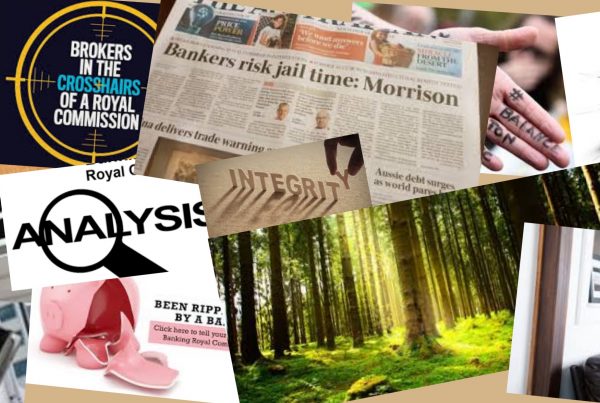 As my first year at Wilkinson Group comes to a close, I look back and reflect on what I consider to be the six most important attributes when working for an agency. Nothing will prepare you for this kind of environment, but hopefully these tips will help.
As my first year at Wilkinson Group comes to a close, I look back and reflect on what I consider to be the six most important attributes when working for an agency. Nothing will prepare you for this kind of environment, but hopefully these tips will help.
Agency work is unlike any other. Be on your toes at all times, communicate frequently, stay organised, never tell a lie, be an ideas man and get yourself a large coffee cup and make sure it’s filled at all times. That’s the crux of it really. The rest is pure survival. Hope these tips help. Have a safe and happy holidays.
1. Organisation So you decided to work for an agency? Good luck, you’ll need it. First thing, hit up the stationery cabinet (in our case it’s a draw) and get stocked up. Your notepad will become your best friend, because your friends outside of work are about to become strangers. Welcome to your new life. If you use Outlook, great. If not, buy a planner and use it. You’ll be working across a plethora of clients and be expected to remember a lot of different things. The more you’re organized, the easier life will be. Trust me, easy is good.
2. Communication Yes nodding and smiling is a form of communication, but it won’t get you far around here if that’s all you do. Confirmation and affirmation is what’s expected. There’s nothing worse than asking someone if they’ve done something when they turn around and say, “I couldn’t figure it out”. If you can’t figure something out, ask. Nothing wrong with asking questions. My boss asks me a dozen questions a day. It’s normal, so do it. However, that being said, before you ask a question remember, at your fingertips, lives the world’s biggest resource. I’m talking about Google of course.
3. Proactive A complementary word for this is anticipation. It takes a bit of time to get use to, but once you’ve settled in, try to spot things that people have missed. If you overhear someone talking about their client on the 6 o’clock news, ask them if they need you to call the T.V. station to get the clip. Make yourself more than useful. This is your chance to shine. A good boss loves nothing more than knowing he can rely on you to go the extra mile. It also shows that this is more than just a regular old job to you and that you enjoy being in the office. But more importantly, it shows that you care.
4. Time Management When you’re juggling multiple accounts, managing your time is very important. Spend too much time on a project and you’ll get in trouble, spend too little time on another project and you’ll find yourself explaining why you didn’t hit the mark. And using the excuse ‘I got overwhelmed with another job’ won’t get you off the hook when your client calls up and asks why their media release went out 3 hours behind schedule. This is what agency work is all about, a fine balance of equality (and quality) across all client work. No client is the lesser nor greater. Each pay the bills and are equally important. If you’re swamped ask for help.
5. Honesty This is pretty straight forward so I’m going to keep it short and blunt. Never lie. Never make up bullshit. Be as articulate as possible. When you muck up, admit it. Mistakes happen, and declaring them will have you cleaning the toilets for a week, but it’s better than getting flicked. If you don’t agree with these simple rules, then perhaps you should join a political party.
6. Creativity This is your chance to shine. All of the above are the basic five attributes of a solid PR practitioner. This last one is what separates the normal from the gifted. This can only be achieved by mastering the basics and truly loving what your clients do. I can’t advise on how to be creative, that only comes naturally, but these tips may help.
- Immerse yourself in what your client does. Live and breathe their work – sit for a moment on their side of the desk. You can’t create unless you know the colors in your palette
- Research what other people have done. What made that campaign successful? What was the point of difference that made it stand out?
- Establish a good personal relationship with your clients. You don’t have to be best friends, but being comfortable talking to them allows you to muster up the courage to pitch ideas to them.
- Don’t be afraid to fail or live in fear of having your idea rejected. It happens – a lot. So get used to it. People love that you tried.





